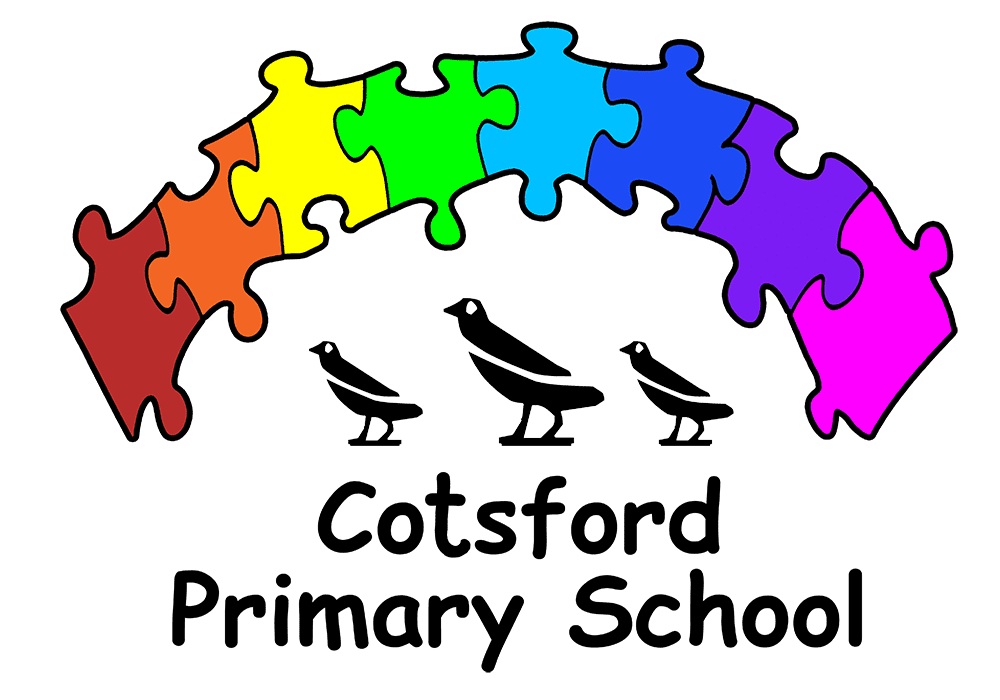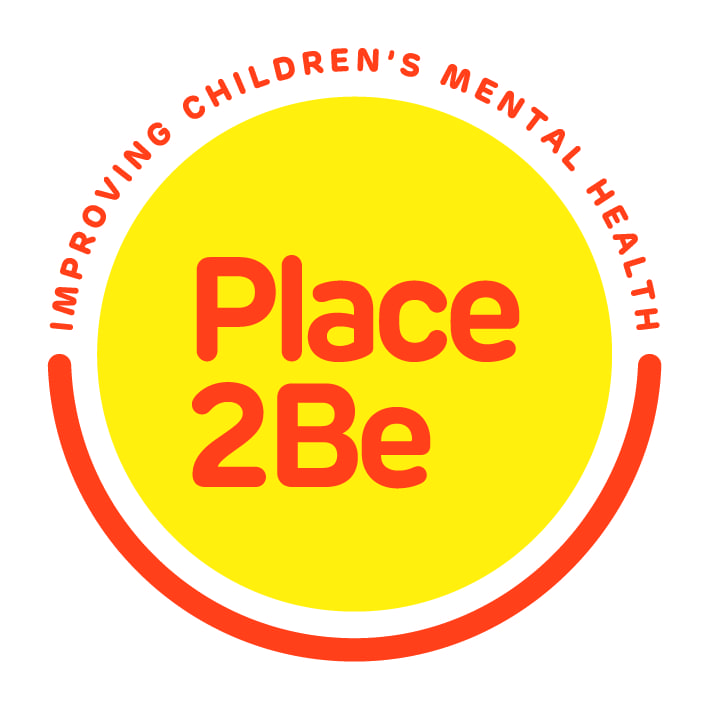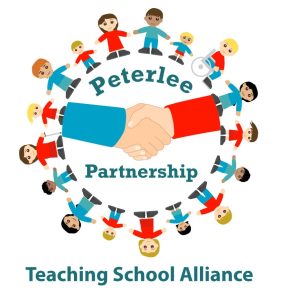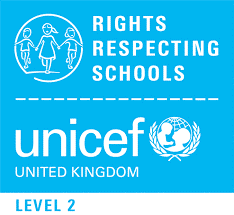Safeguarding Leads – Mrs R Cook & Mrs V Page
At Cotsford Primary School, we regard the safeguarding of children as our main priority. We believe that children maximise their potential in an environment which is safe, secure and supportive of all their needs. We all have the right to be happy, to be safe and to learn and we all have the responsibility to make this happen.
Safeguarding children permeates all aspects of our work as a school, with a preventative role to inform and boost the resilience of all students by enhancing protective factors in their lives. Accordingly, our policy links with many other related policies in school.
PSHE, RE, Science, Drama, English, Rights Respecting, Computing, History and Geography are some of the areas of the curriculum in which children can discuss and debate important issues including lifestyles, health, safety and well-being (physical and emotional), healthy relationships, family life, child care and parenting, forced marriage, domestic abuse, religious beliefs and practices as well as human rights issues.
Areas of Safeguarding
Our safeguarding policies cover all areas of school life and include:
- staff & visitors – ensuring they are vetted, informed & trained;
- children’s behaviour – promoting safer & happier behaviours & lifestyles;
- parents & carers – promoting links & supporting families;
- premises – keeping them safe, pleasant & fit for purpose;
- curriculum – providing positive, life affirming learning experiences;
- outside School – ensuring safer activities and environments outside school.
We will ensure that:
- the welfare of the child remains paramount;
- all children whatever their age, culture, disability, gender, language, racial origin, religious beliefs and/ or sexual identity have the right to be protected from harm;
- all suspicions and allegations of abuse will be taken seriously and responded to swiftly and appropriately;
- all staff and volunteers working at our school have a responsibility to report concerns to the designated leads for Safeguarding: Mrs Cook & Mrs Page.
Members of Staff Responsible
We are all responsible for ensuring that each child remains safe, however the Designated Leads for Safeguarding are Mrs Cook & Mrs Page.
Safer Recruitment
We follow strict procedures to ensure that everyone who works with our children is vetted, keeping our children as safe as possible. Ongoing checks and ‘whistle-blowing’ are in line with current policy.
Staff Training
All staff are:
- trained in child protection issues and they are aware of the procedures to follow;
- encouraged to be vigilant in order to maintain the safety of our children;
- are directed to the document ‘Keeping Children Safe in Education’.
Child Protection with Safeguarding Policy
- All staff have an up-to-date understanding of safeguarding children issues and are able to implement the safeguarding children policy and procedure appropriately. Policies are in line with current guidance and procedures.
- Staff are able to respond appropriately to any:
- significant changes in children’s behaviour;
- deterioration in their general well-being;
- unexplained bruising, marks or signs of possible abuse;
- signs of neglect;
- comments children make which give cause for concern.
All staff are aware of the need to maintain privacy and confidentiality.
Prevent Strategy
Cotsford Primary School is fully compliant with the DfE Prevent Strategy for Schools (June 2015). We recognise that we must have “due regard to the need to prevent people from being drawn into terrorism”. This duty is known as the Prevent duty and enables us to protect children from the risk of radicalisation.
“In order for schools and childcare providers to fulfil the Prevent duty, it is essential that staff are able to identify children who may be vulnerable to radicalisation, and know what to do when they are identified. Protecting children from the risk of radicalisation should be seen as part of schools’ and childcare providers’ wider safeguarding duties, and is similar in nature to protecting children from other harms (e.g. drugs, gangs, neglect, sexual exploitation), whether these come from within their family or are the product of outside influences. Schools and childcare providers can also build pupils’ resilience to radicalisation by promoting fundamental British values and enabling them to challenge extremist views. It is important to emphasise that the Prevent duty is not intended to stop pupils debating controversial issues. On the contrary, schools should provide a safe space in which children, young people and staff can understand the risks associated with terrorism and develop the knowledge and skills to be able to challenge extremist arguments”. (Prevent Duty, June 2015)
As part of our wider safeguarding duties, we recognise that it is essential that we are able to identify children who may be vulnerable to radicalisation, and know what to do when they are identified. All staff undertake online CPD provided by the Home Office on identification of children vulnerable to radicalisation and the PREVENT strategy every three years. Updates are provided through team meetings sharing relevant government updates and case studies.
We believe that children should be given the opportunity to explore diversity and understand Britain as a multi-cultural society; everyone should be treated with respect whatever their race, gender, sexuality, religious belief, special need, or disability. As part of our commitment to safeguarding and child protection we fully support the government’s Prevent Strategy.
Staff are aware of potential indicators that children are vulnerable to radicalisation regardless of age, gender, ethnicity etc. As a result, they are alert to changes in children’s behaviour which could indicate that they may be in need of help or protection. Children at risk of radicalisation may display different signs or seek to hide their views. School staff use their professional judgement in identifying children who might be at risk of radicalisation and act proportionately. School staff report any concerns and, through discussion with the safeguarding team, understand when it is appropriate to make a referral to the Channel programme.
There is a useful website containing lots of information and advice for parents/carers about first signs that a child or young person may becoming radicalised. Please click here if you would like to visit this website.
If you are concerned that somebody close to you is expressing extreme views or hatred, which could lead them to harming themselves or others; please report your concerns by visiting the website below…
ACT Early | Prevent radicalisation
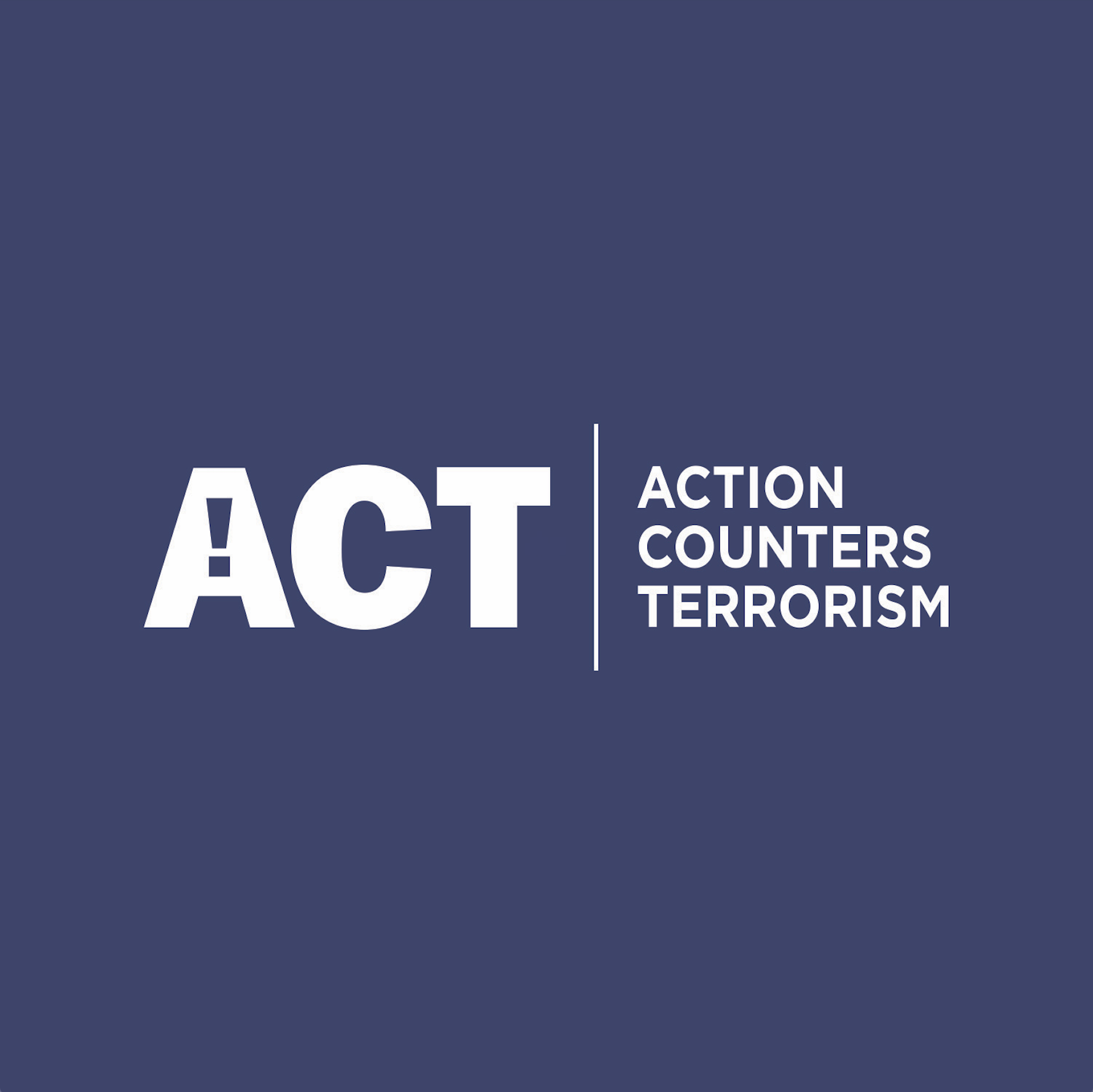
Information Sharing & Confidentiality
We have an obligation to obtain necessary information from parents in advance of a child being admitted to school, including:
- emergency contact numbers;
- the child’s special dietary requirements, preferences or food allergies the child may have;
- the child’s special health requirements;
- information about who has legal contact with the child; and who has parental responsibility for the child.
Written parental permission is requested, at the time of the child’s admission to the provision, to the seeking of any necessary emergency medical advice or treatment in the future.
PARENTS & CARERS MUST TELL US OF ANY CHANGES TO THESE DETAILS.
We take confidentiality very seriously. Any information which we hold is treated as confidential and shared on a ‘need-to-know’ basis.
Visitors to Cotsford Primary School
All visitors, students and volunteers are expected to report to the main entrance, sign in the visitors’ book and there they will be given a badge to identify them. Regular students and volunteers are asked to read and sign the ‘Students / Volunteers in School – Expectations’ sheet. Whilst other professionals / visitors are provided with a ‘Protocol for adults and students working in school’ leaflet to ensure they follow school protocol.
Protocol for adults and students working in school
Links with External Agencies
Because our first concern must be the well-being of your child, there may be occasions when we have to consult other agencies before we contact you. The procedures we have to follow have been laid down in accordance with the local authority child protection procedures.
We are fortunate to be supported by a range of external agencies which can be called upon to support the work we do in school. These include School Nurse, Health Practitioners, Educational Psychology, Child & Adolescent Mental Health Services, Behaviour Support, Social Services and Specialists in supporting Special Educational Needs.
Reporting Concerns or Complaints
If a concern is raised regarding a child the designated safeguarding lead is informed immediately and a written entry is made on the child’s welfare monitoring file. The decision of the next step is then made and recorded.
If a concern is raised regarding a member of staff this must be given to the Headteacher.
If a concern is raised regarding the Headteacher this must be given to the Chair of Governors.
All of these concerns are taken very seriously and correct procedures are followed as stated in our ‘Child Protection within Safeguarding Policy’ which can be found on our Policies page.
Further to the above procedures, we have in place a Complaints Policy. This enables children, staff and carers to report anything they feel is of concern.
Review of Policy and Practice
In order to ensure that best practice is maintained, our policies are reviewed regularly to incorporate the latest statutory guidance.
If you would like more information on safeguarding, please contact the school for all our policies or view our policies section on our website.
Supporting Parents & Carers
Sometimes it is hard knowing how to approach conversations with your child on difficult or sensitive subjects. We have given some links below to help you do this using age appropriate language and resources to support.
Stranger Danger – Clever Never Goes!
The ‘Clever Never Goes’ programme has been developed to replace the out-dated ‘stranger danger’ approach. Research shows that teaching children simply to avoid strangers fails to keep them safe. Strangers are often more likely to help a child than to harm them. Conversely, it can often be people known to children that pose the greatest threat.
‘Clever Never Goes’ moves the focus away from strangers and instead teaches children to recognise when someone (whether they are known to the child or not) is trying to persuade them to go with them. The programme is designed to be fun and positive, whilst at the same time delivering a serious message and giving children practical safety skills and confidence to engage with the outside world.
You can download (free of charge) a Clever Never Goes home pack at the website www.clevernevergoes.org/parents. The home pack contains some great ideas for how to approach this topic with your children as well as games and activities. On the website, you can also see a series of cartoon sketches which are a good way of reinforcing the Clever Never Goes message and checking that your child has understand the key Clever Never Goes message. Please do make use of these resources.
PANTS – The Underwear Rule
NSPCC have produced a simple and helpful resource pack to support talking to your child about staying safe from sexual abuse.With the help of the friendly dinosaur Pantosaurus, talking PANTS is a simple way to teach your child how to stay safe from abuse. https://www.nspcc.org.uk/preventing-abuse/keeping-children-safe/underwear-rule/
